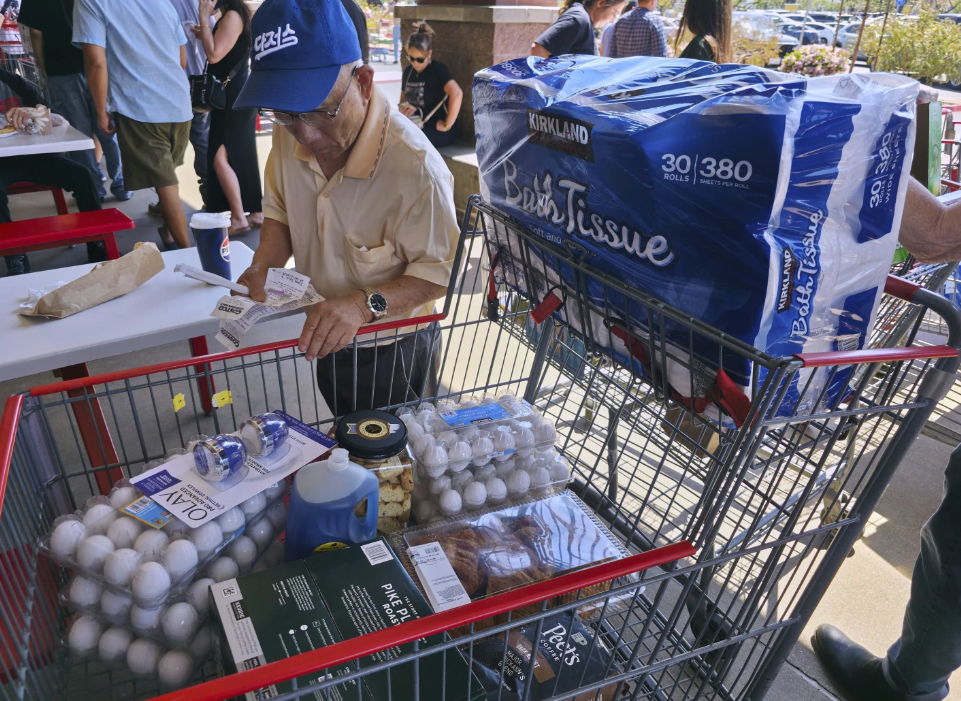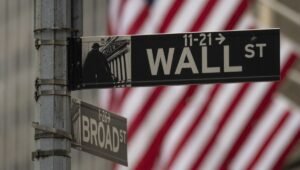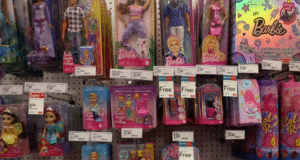American consumers’ confidence in the economy has taken another hit, dropping for the fifth month in a row and reaching its lowest point since the early days of the COVID-19 pandemic. Concerns over rising tariffs and their economic impact appear to be a major factor behind the growing unease.
According to the Conference Board, the Consumer Confidence Index fell by 7.9 points in April to 86 — a level not seen since May 2020. Nearly one in three Americans now believe hiring will slow in the months ahead, a figure that closely mirrors sentiment during the Great Recession in 2009.
Much of the anxiety appears to stem from fears of inflation triggered by broad tariffs introduced under President Donald Trump. In fact, roughly half of Americans now say they’re worried about the potential for a recession, based on recent survey data.
Carl Weinberg, chief economist at High Frequency Economics, warned that this drop in confidence could lead to lower consumer spending. “Worried consumers spend less. If that continues, economic growth will slow,” he said.
A separate measure of short-term expectations — including income, employment, and business conditions — plunged 12.5 points to 54.4, the lowest since 2011. Readings below 80 typically suggest a recession is on the horizon.
Upcoming government data will provide further insight into how consumer unease is affecting the broader economy. On Wednesday, economic growth figures for the first quarter are expected to reveal a notable slowdown in spending after a strong holiday season. And Friday’s jobs report will show whether hiring is keeping pace or beginning to falter.
Market volatility has likely added to consumers’ worries. April saw significant swings in both stock and bond markets, with wealthier households and middle-aged Americans expressing the sharpest decline in sentiment. Even though markets have since rebounded, the S&P 500 remains down 6% in 2025, with the Dow off by 5% and the Nasdaq down 10%.
The Conference Board noted that mentions of tariffs hit a record high in consumer comments. Currently, a 10% tariff applies to nearly all imports, alongside a steep 145% tariff on most Chinese goods, as well as separate levies on steel, aluminum, and cars.
More Americans now believe a recession is likely within the next year — the highest rate in two years. Spending plans are also shifting in response to economic uncertainty: fewer people intend to purchase cars or homes in the near future, and the spring homebuying season has gotten off to a slow start due to high mortgage rates and rising prices.
Spending on services is expected to decline as well. The number of Americans planning an overseas vacation in the next six months dropped to 16.4%, compared to 24.1% in December. Additionally, plans to dine out have dropped significantly, marking one of the steepest declines ever recorded by the Conference Board.














